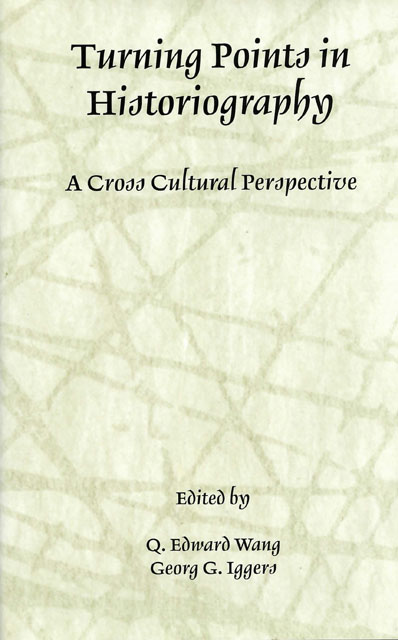Book contents
6 - Turning Points in Islamic Historical Practice
Published online by Cambridge University Press: 29 February 2024
Summary
“Turning point” is not a formal concept but a metaphor; it suggests to us a moment, a particular place, when we cease to go along the same road we have been following and instead head off in some different direction. It is fair to ask how much this metaphor really contributes to our understanding of the development of historical writing among the peoples of medieval Islam. To start with, it embodies the very bold premise that the vast medieval Islamic world can be taken as a bloc—this enormous realm stretching from Gibraltar to the Pamirs, over a period of nine centuries (ca. 600–1500), inhabited by a host of intermingled peoples writing in several languages and speaking in many more. It also asserts that the complex cultural and intellectual changes which have constantly if subtly reshaped the practice of historical writing (e.g., changes in the sense of what constitutes valid evidence for past events, in rhetoric and literary form, in underlying conceptions of time and causation, in religious thought and moral values) can usefully be represented as tracing a neatly drawn “line of development” with clearly marked “turns” and “shifts.” Finally, it presupposes that historical writing in the medieval Islamic world represented a distinct and recognized genre—that among medieval Muslims, historiography was a body of well-defined literary practices that can be studied as a thing apart without doing undue violence to the cultural and intellectual contexts in which these practices were originally imbedded.
The proper thing, I suppose, is to denounce these and related presuppositions as pure Orientalism of the most invidious kind. But I would argue the contrary case and claim that they are quite useful so long as we recognize them for what they are. Nor do these presuppositions represent the imposition of modern Western concepts and categories on another culture; to a perhaps surprising degree, they reflect and are grounded in the self-understanding of medieval Muslims. To take the first point, medieval Muslim commentators were highly aware of the diversity of their world and of its ethnic, regional, cultural, and doctrinal cleavages.
- Type
- Chapter
- Information
- Turning Points in HistoriographyA Cross-Cultural Perspective, pp. 89 - 100Publisher: Boydell & BrewerPrint publication year: 2001



